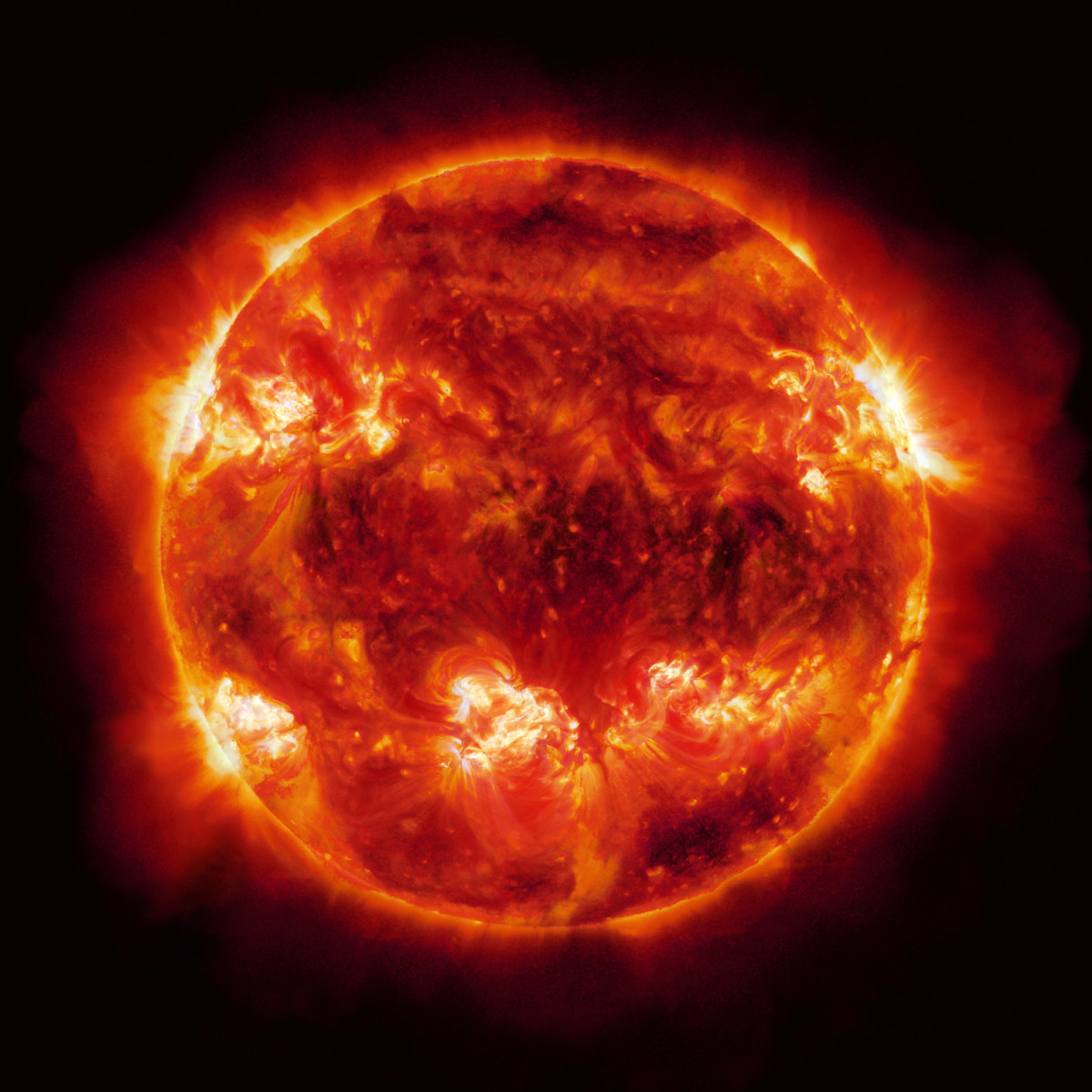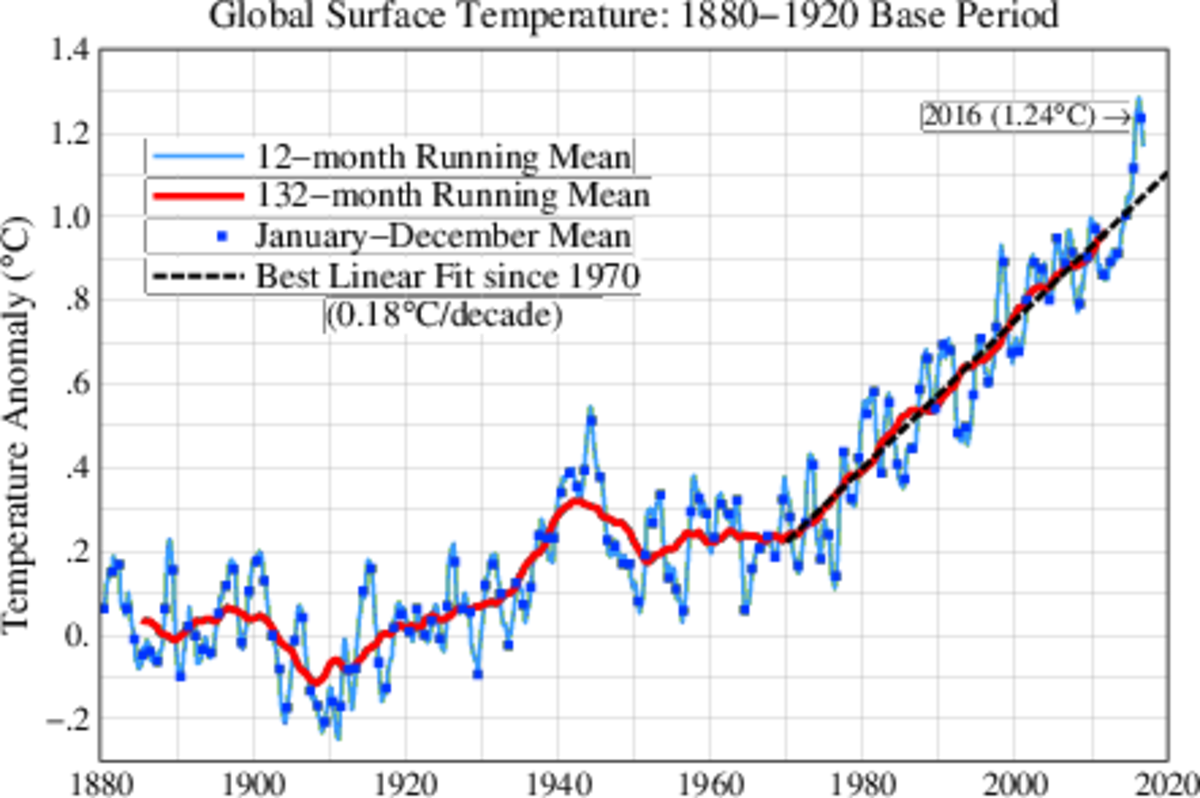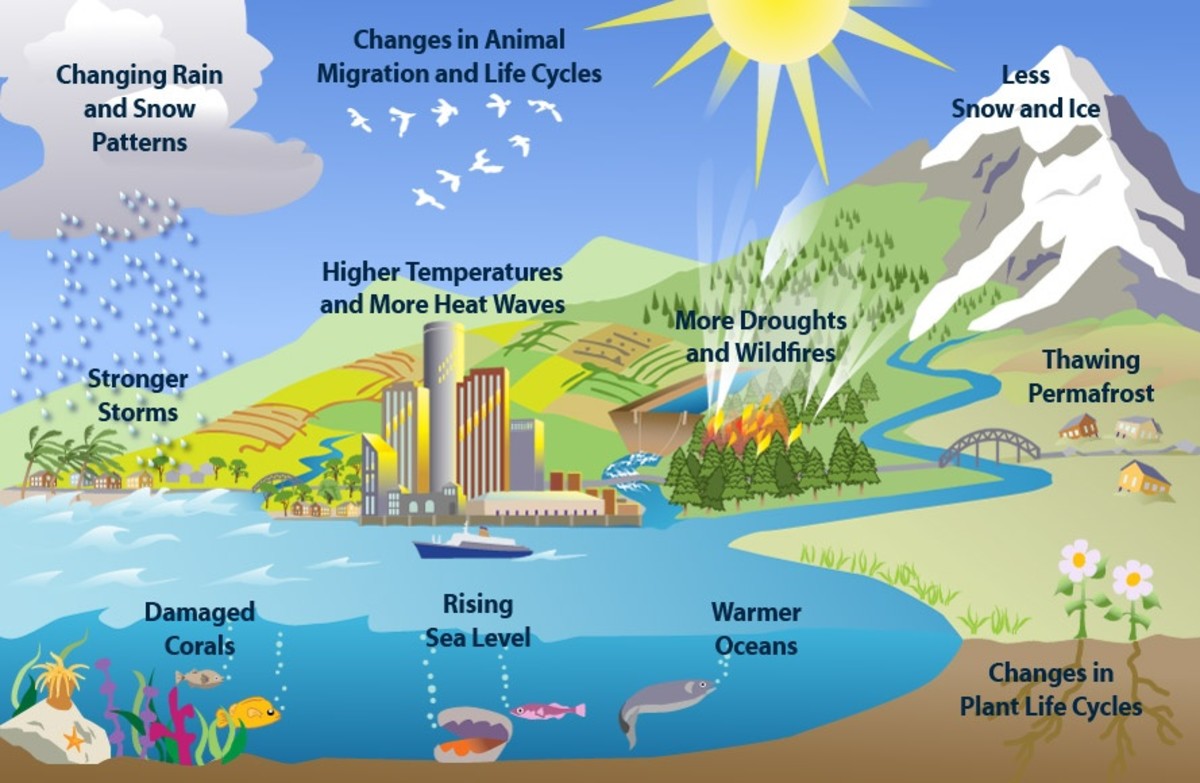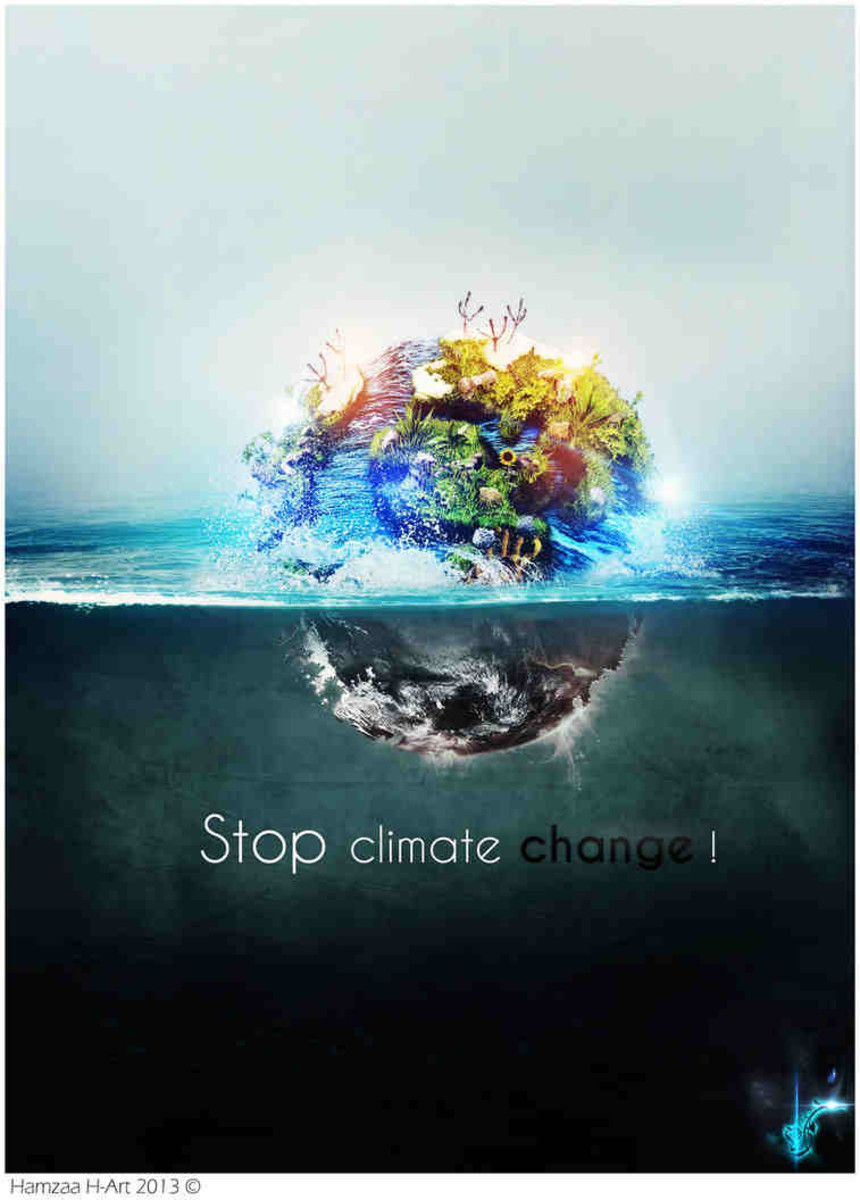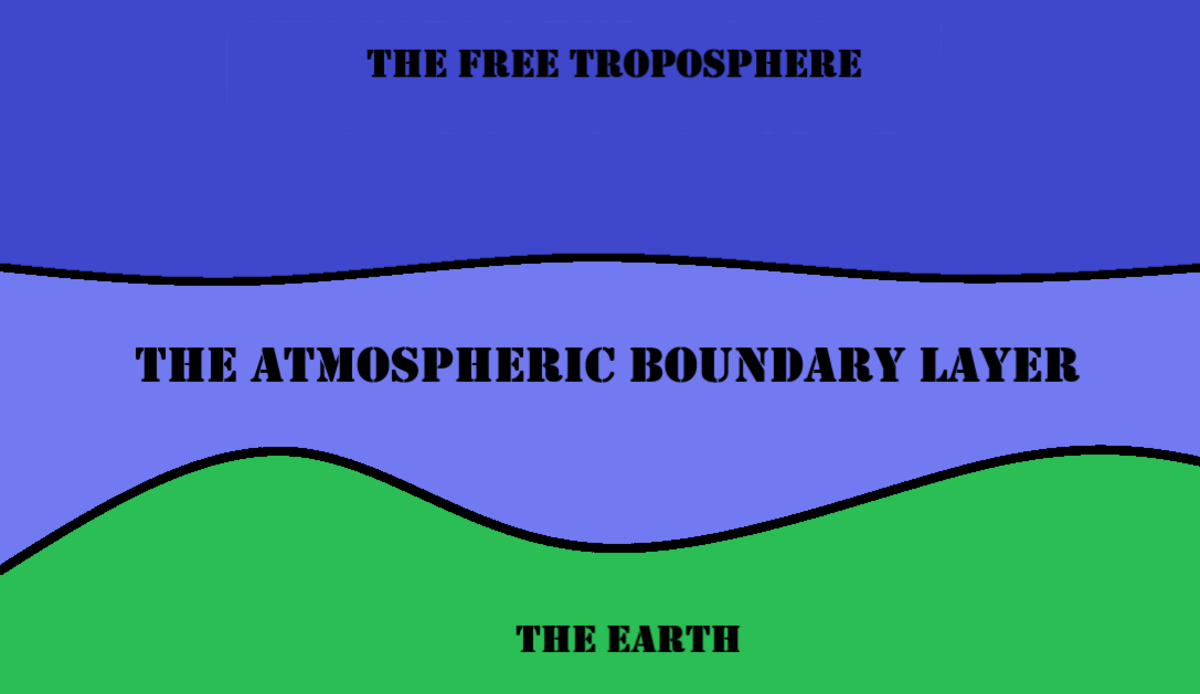Why Can't Scientists Predict the Next Volcanic Erruption?
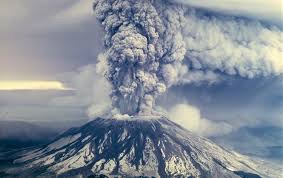
Introduction
I attended a talk recently on studies at Mt. St. Helens regarding the magma flows and seismic recordings from small earthquakes. It was funded by an NSF grant. At the conclusion of the talk, I asked the speaker how close are they in predicting the next erruption. His answer was blunt. They just don't know. It is a very hard problem was his answer.
- Feb. 2017
Background
As someone from outside this community, I take him at his word that this problem of predicting erruptions is a hard one to crack. With all the sensors and monitoring, and research, they can only predict accurately an erruption a few hours of notice. Not sufficent to prevent disasters. Since volcanos by their nature are dormant for long periods on the order of decades and longer, it is difficult to make projections at any given moment in time.
It occurs to me, if we have such difficulty projecting this case, when the variables are fixed, and the region localized to a few square kilometers, how is it possible, climate scientists can project accurately going forward 50 years, when the variables are numerous, and the region is the whole earth?
The answer for me is obvious. Unless I am missing something, and looking at this from a pragmatic point of view, we can't predict with any amount of certainty. There are just too many variables and cycles and interactions both positive and negative feedback loops to have a complete picture. Am I wrong?
Historical Data
The other element of this is we have extensive historical records going back hundreds if not thousands of years. We also have ice core data going back hundreds of thousand years to the previous ice ages. All historical data points to a dramatically changing climate and average temperatures. It is hard to say, what is the optimum temperature for planet earth. It really depends on what time period you choose.
I also look at the Old Farmers Almanac which goes back 200 years or so. We have very accurate data on annual climate and variations and disaster events such as volcanic erruptions and hurricanes and earth quakes and all sorts of natural events. They also paint a picture of world in chaos.
The question for climate scientists is a tough one. Can they separate the human cause element from all these natural variations and make a determination that we are the primary driver of climate change?
Summary
As an engineer, my approach to any problem is to collect as much data as possible. Propose models to simulate what the real world is experiencing. Make projections and see if the reality fall within the range of expectations. If not, reiterate my models and make adjustments and corrections as needed. Only when the projections are good enough, will I be confident that the model is accurate. It is the scientific method.
In this case of climate change, unfortunately, we cannot control all variables. We cannot control what our sun does. It has its own cycle. We cannot control what the rotations of the earth or the precession along its axis.
How can these scientist be sure of anything? I sure like to know.

